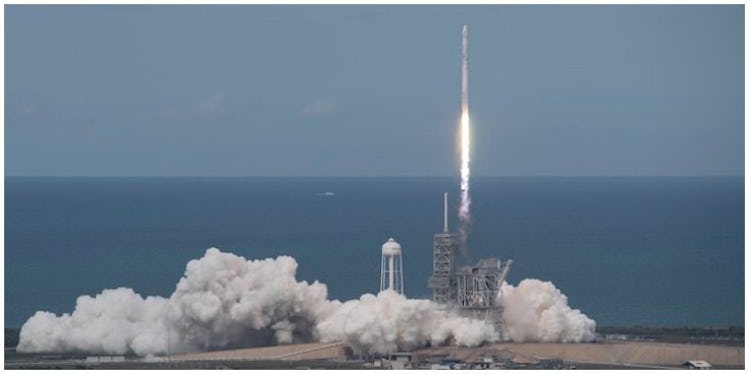
If You Ever Dreamed Of Being A Space Zookeeper As A Kid, Now’s Your Chance
Oh, hello there, fellow space traveler. It's me, your friendly NASA People representative. Have you ever dreamed of working in space? Protecting things in space? How about... zoo-keeping? How about freaking SPACE ZOO-KEEPING LIKE SOME FUTURISTIC JACK HANNA? Well, it's your lucky day, because NASA is hiring a Planetary Protection Officer.
Now, I know what you're thinking. Zoo-keeping? Whaaaaaa--? "Planetary Protection Officer" sounds more like a badass intergalactic mercenary! Set phasers to stun! and whatever.
Well... it's not really a mercenary position, per se. Popular Mechanics describes the position as space zoo-keeping.
You'll be making sure organisms from Earth don't find their way to other planets during human and robot exploration. But still! Space!! Just look at the fascinating duties you'd have:
Planetary protection is concerned with the avoidance of organic-constituent and biological contamination in human and robotic space exploration. NASA maintains policies for planetary protection applicable to all space flight missions that may intentionally or unintentionally carry Earth organisms and organic constituents to the planets or other solar system bodies, and any mission employing spacecraft, which are intended to return to Earth and its biosphere with samples from extraterrestrial targets of exploration.
OK, OK, so basically, you'd prevent cross-contamination, which isn't exactly like, I don't know, hanging out with the worms from Men in Black or preventing the Martians from Mars Attacks from messing with Glenn Close. You make sure Earth organisms stay on Earth, Mars organisms stay on Mars, etc., etc.
But space, guys!
And, like, what if one day, in the not too distant future, you're assigned to manage some troublesome tribbles?
And anyways, the position pays beaucoup bucks: anywhere from $124,406 to $187,000 per year. The position is limited, lasting only three years, but if you're really good at evaluating robot and human compliance with ~international space code~ there's a chance for a two-year extension.
I mean, there's just the little hiccup that you might technically have to be well-versed in planetary protection as defined by international guidelines, and you need a degree in physical science, engineering, or mathematics, with extensive knowledge in mechanics, dynamics, properties of materials, and electronics, yadda yadda yadda.
But anyways, taking care of organisms is BASICALLY zoo-keeping. So get off my back, and just apply already.